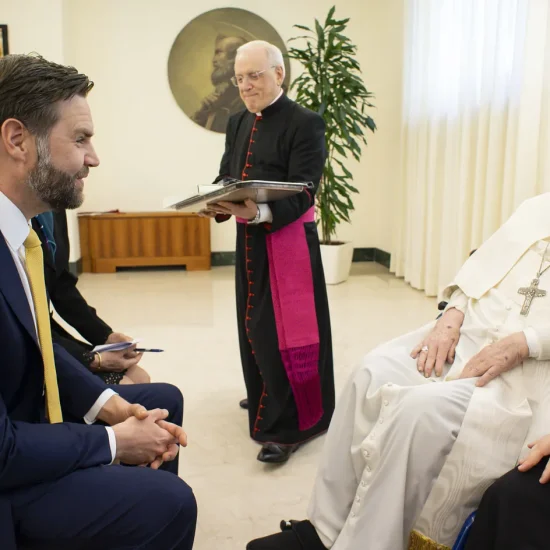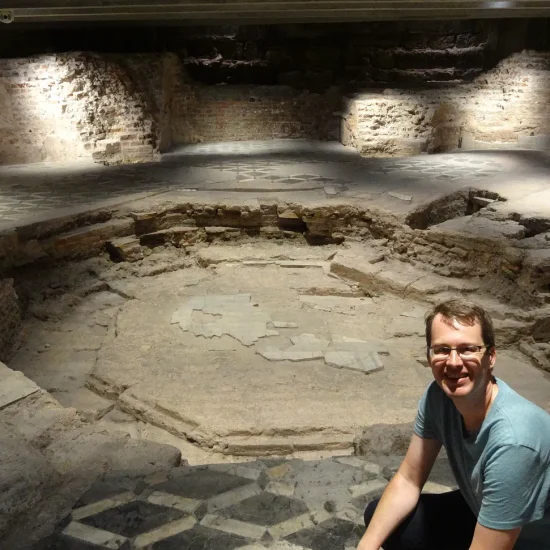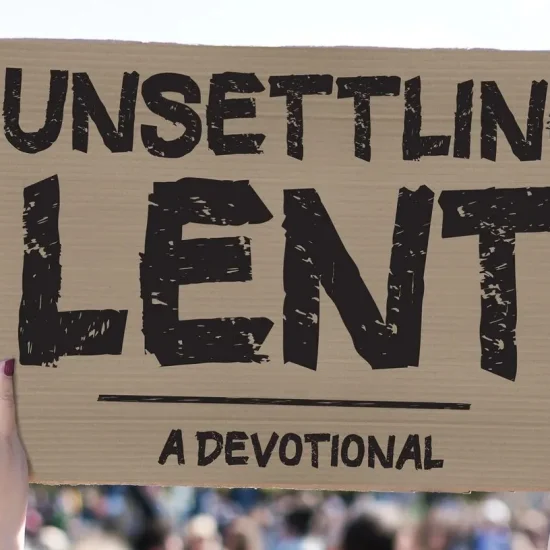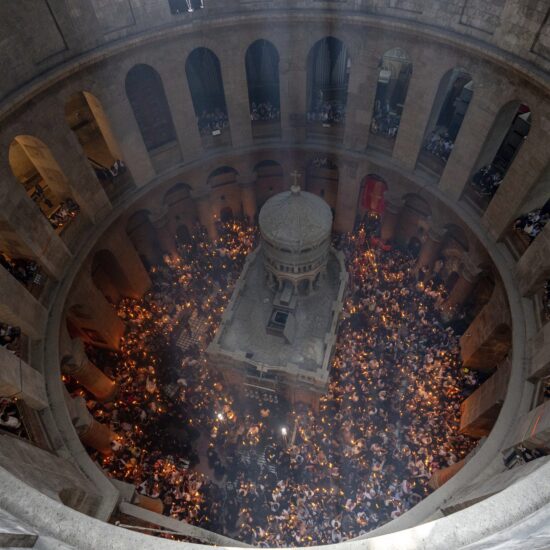Growing up, Easter was basically a single-day observance in my hometown Baptist church.
 Bill WebbWe acknowledged Good Friday and what happened to Christ on that day, but for most of us this was a signal that it was almost Easter Sunday. The only other pre-Easter event that had become a staple in our congregation was the Easter cantata presented by the choir on the Sunday before.
Bill WebbWe acknowledged Good Friday and what happened to Christ on that day, but for most of us this was a signal that it was almost Easter Sunday. The only other pre-Easter event that had become a staple in our congregation was the Easter cantata presented by the choir on the Sunday before.
The annual cantata was always moving, and it provided a great opportunity for members to bring their friends to church. Easter Sunday was always a highlight of the worship year as we reflected on Christ’s sacrifice for each of us and observed the Lord’s Supper.
Practicing Lent was not really on the radar for us. Lent was something a few other churches of different denominations practiced. We couldn’t find the word “Lent” in the Bible, so we were not sure what it meant to those who practiced it.
I’m glad that Lent is a part of the Easter season experience at the Baptist church where I have been a member the last several years and many others, in part because it helps us see Easter as more than just a single-day commemoration. Because of what Christ’s death and resurrection mean to me, it makes sense to spend more time on the subject and more time with Christ.
During that six weeks or so between Ash Wednesday and Easter Sunday on the Christian calendar, Lent affords those who practice it an opportunity to commemorate not only what Jesus did but to reflect on his life teachings and example.
For many people today, Lent is an opportunity to simplify overcomplicated and overcrowded lives. One thing I remember growing up was our simple understanding that Lent was a time some people of faith gave up something, whether it be an activity, a bad habit or whatever. I remember overhearing the question, “What are you giving up for Lent?”
But the fact is that following Christ faithfully means a lot more than that. Some who have given up bad habits during this spiritual season have made the self-improvement permanent; others “backslide” into their old ways and resume the practice of bad habits.
Without question, for any believer to address sin in his (or her) life is not only admirable but important. Jesus himself told us so.
But the Lenten season gives us a perfect opportunity to do what we should be doing every day, not just in late winter and early spring. Our focus on Jesus confronts us with seeking his will for our lives and virtually every aspect of our being.
I wish I were more like Jesus in how I thought, spoke and acted, but wishing usually won’t make it so. Most of us are fickle and impatient wishers anyway. We quickly move onto the next wish, and it may have little to do with Christ’s desires and much to do with our own “wants.”
This season is one in which we join others in holy pursuit of the one after whom Christians — translated sometimes as “little Christs” — are named.
This spiritual focus enables us to do just that — focus. This attention, accompanied by desire, dedication and ongoing commitment, help us to not simply imitate the talk or active responses of Jesus, but rise to the next level, which is to increasingly be more like him.
That desire — interestingly — tends to grow as we find ourselves responsible for raising children and influencing grandchildren. It also finds fertile soil as we engage in various ministry activities.
Perhaps based on some of our own mission experiences, we adults sometime make light of the enthusiasm that grips Christian young people when they engage in specific missions and ministry. We don’t say it aloud much anymore, but we sometimes nod our heads and mumble to ourselves, “Well, that won’t last long.”
I pray that whatever draws any of us closer to Christ and his purposes this time of year will not only stick with us but also grow and mature.
Life with all its busy-ness and allure has a way of pulling us back from the most important things. Use this time of gratitude to Christ to persistently cling to him. God bless you.
Bill Webb is editor of Word & Way.






